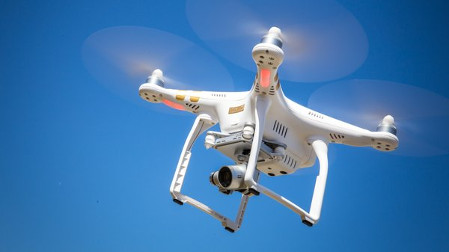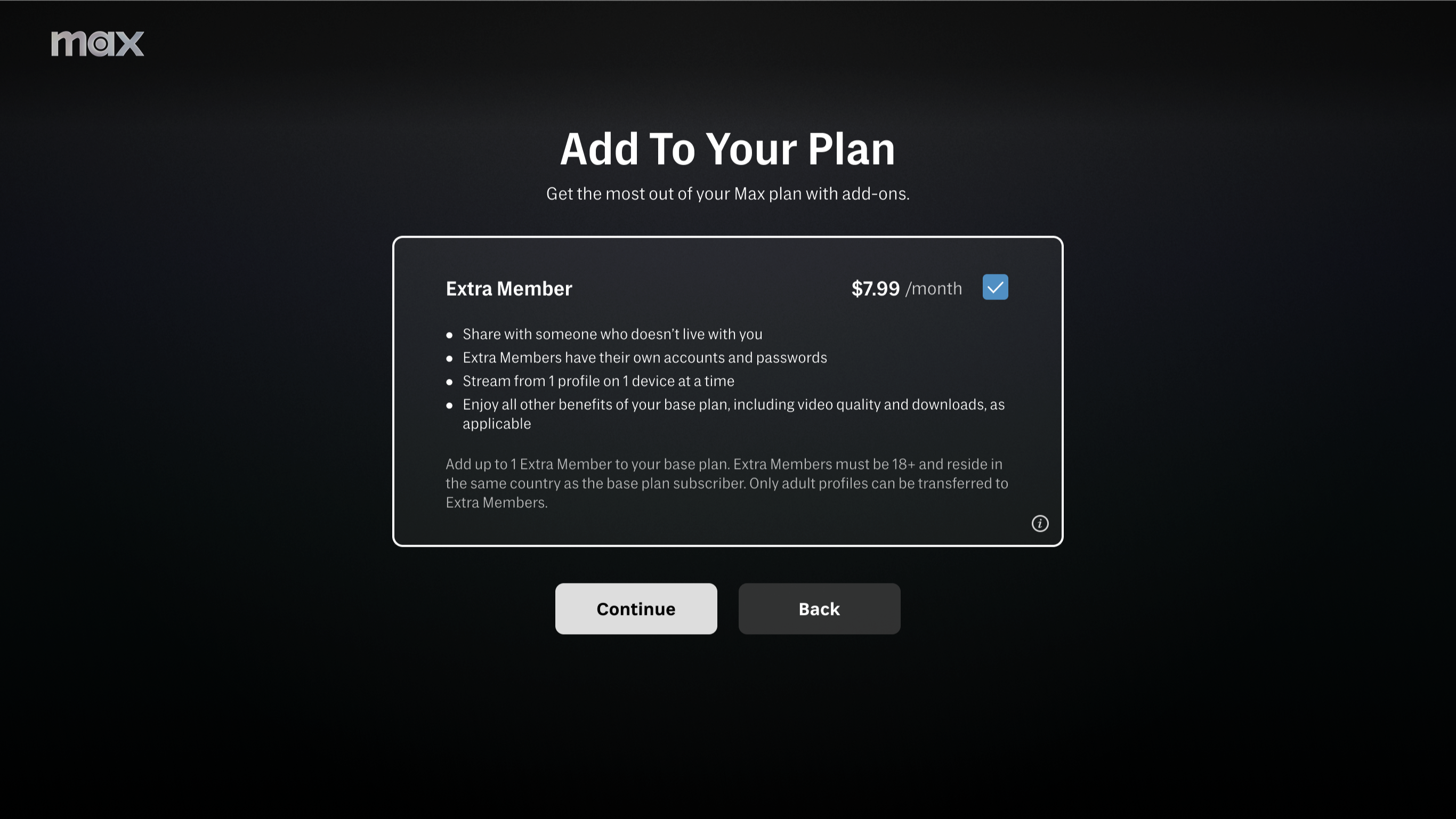FAA Finalizes Commercial Rules for Small Drones
WASHINGTON—Commercial Unmanned Aerial Systems operators will soon be able to take to the air with the FAA’s blessing, as the administration has announced that it has finalized the first operational rules for routine commercial use of small UAS. Part 107, which will go into effect in August, offers safety regulations for UAS weighing less than 55 pounds that are conducting non-hobbyist operations.

The regulations will require pilots—who must be 16 years or older and have a remote pilot certificate with a small UAS rating, or supervised by someone with a certificate—to keep the aircraft within the visual line of sight. Operations must take place during daylight hours or twilight, providing the UAS has anti-collision lights. Other areas covered in the regulation include height and speed limitations, as well as prohibiting flights over unprotected people on the ground who are not participating in the UAS operation.
Some of these regulations can be waived by the FAA as long as an operator proves the proposed flight will be “conducted safely under a waiver.” The FAA will make an online portal available to operators to apply for these waivers in the coming months.
To earn the remote pilot certificate required to operate a UAS, an individual must either pass an initial aeronautical knowledge test at an FAA-approved testing center or have an existing non-student Part 61 pilot certificate. The latter also requires that the operator must have completed a flight review in the past 24 months and take a UAS online training course from the FAA. The TSA will conduct a security background check on all applicants.
The FAA is not requiring small UAS to comply with current airworthiness standards or aircraft certification, the operator only needs to perform a preflight visual and operational check on the UAS’ safety systems, including the communications link.
While the FAA does not regulate privacy issues with UAS, the new rule encourages operators to check local and state laws before gathering information with UAS technology. The agency will provide recommended privacy guidelines through its B4UFly mobile app and during pilot certifications.
Part 107 will not apply to model aircrafts.
Get the TV Tech Newsletter
The professional video industry's #1 source for news, trends and product and tech information. Sign up below.
To read a summary of the regulation from the FAA, click here.
